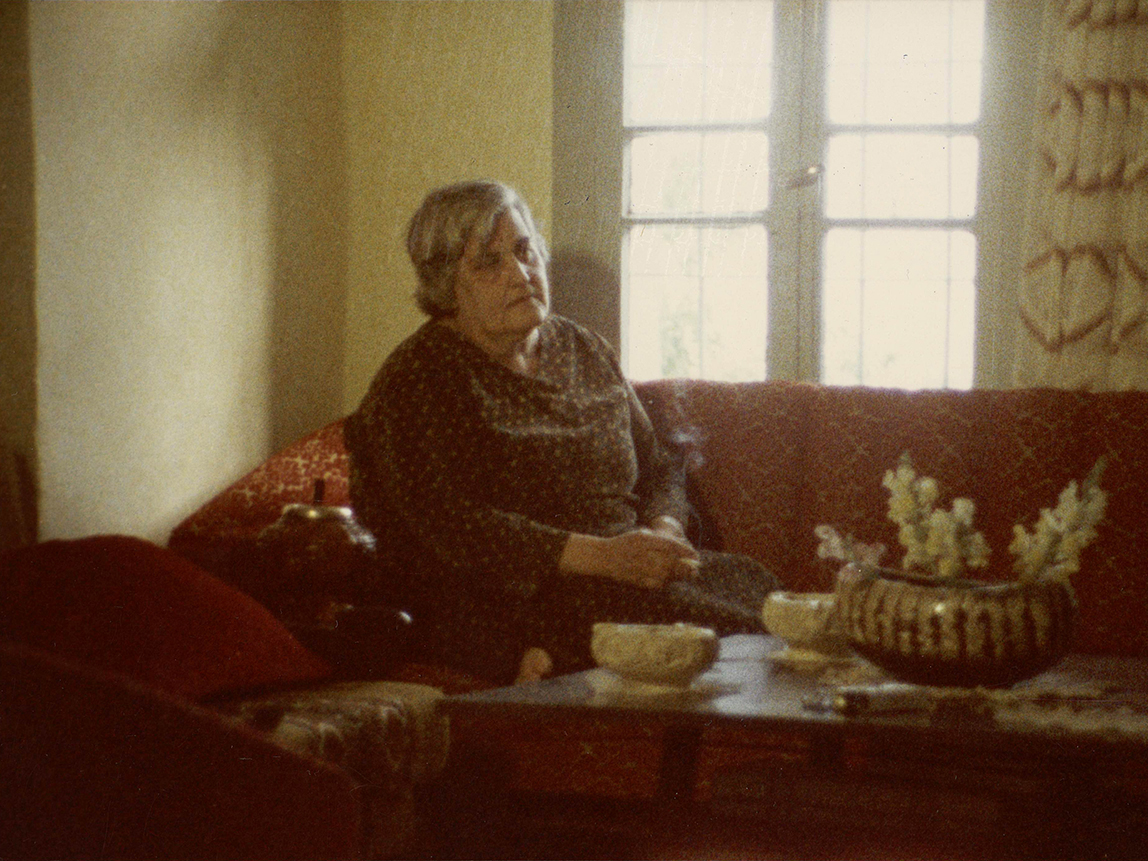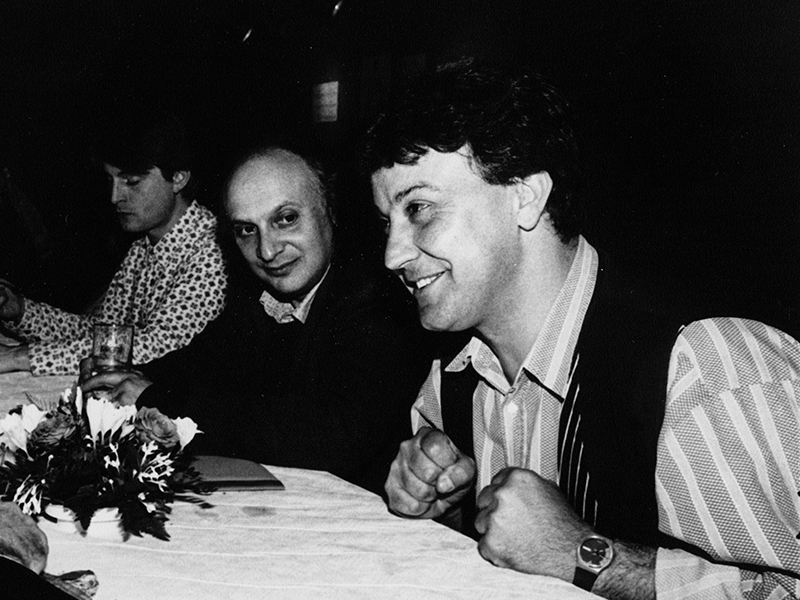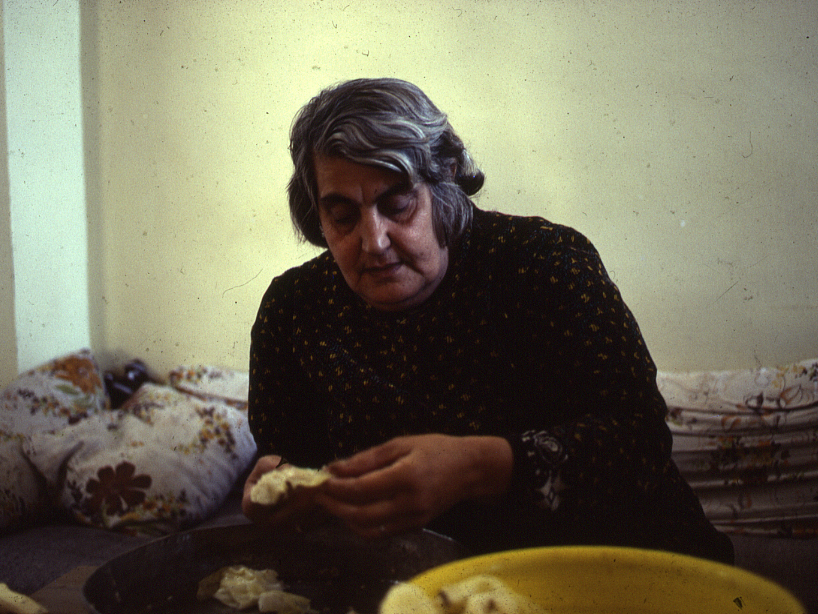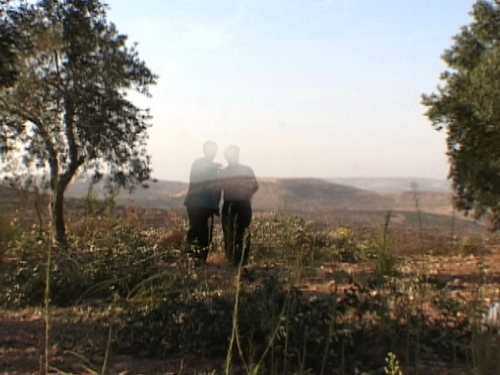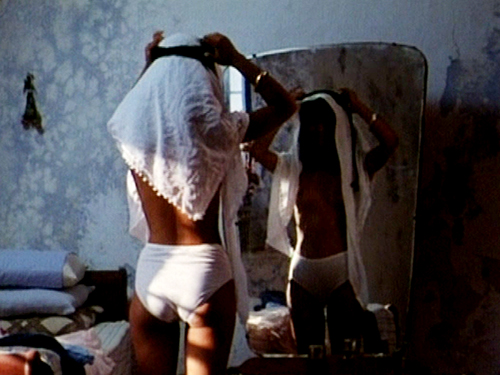Michel Khleifi’s Fertile Memory

“What we see on the screen, or in any picture representing the solidity of Palestinians in the interior, is only that, a utopian image making possible a connection between Palestinian individuals and Palestinian land.” It has been thirty years since Edward Said wrote this passage on Michel Khleifi’s first film, Fertile Memory (1980). For Said, the film managed, with astonishing precision and beauty, to call up the memory of his own mother and all those who have had their land seized by the Israeli state. In seeing the moment when one of the women portrayed sets foot on her own land that has been “repossessed” by Israelis but that she stubbornly refuses to sell, Said was reminded of how separated he was from the experience of an interior that he could himself not inhabit. “At once inside and outside our world” was how he described the experience of exile, one that Michel Khleifi himself is not unfamiliar with.
In September 1970, Khleifi left the city of Nazareth in Galilee and found a refuge in Brussels, where he devoted himself to the art of cinema. It was only a decade later that he returned to the place of his birth to shoot Fertile Memory, the first full-length film ever to be shot within the disputed West Bank “Green Line”. It portrays the lives of two women bearing the weight of a double occupation: both the burden of Israeli domination and the restrictions of patriarchal society. By showing the lived complexity of life under occupation, in all its contradictions and its singularities, Khleifi’s film marked an important shift in the history of Palestinian cinema, one that he would explore further in his subsequent work.
Rather than conforming to images of internal homogeneity and external Manicheism, such widely celebrated films as Wedding in Galilee (1987) and Route 181 (2003, made in collaboration with Eyal Sivan) continued to re-envision Palestine-Israel as a heteroglossic multiplicity of trajectories set out by individuals who manage to lift their thoughts and efforts to meet the challenges and violences imposed on them.1
